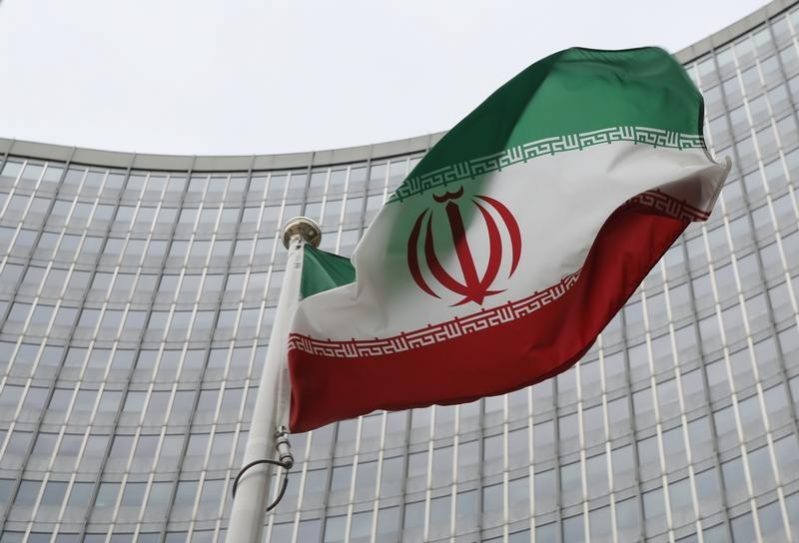Iran’s oil exports hit 5-year highs as US holds nuclear talks
Iran's crude exports and oil output have hit new highs in 2023 despite U.S. sanctions, according to consultants, shipping data and a source familiar with the matter

Iran's crude exports and oil output have hit new highs in 2023 despite U.S. sanctions, according to consultants, shipping data and a source familiar with the matter, adding to global supply when other producers are limiting output.
Tehran's oil exports have been limited since former U.S. President Donald Trump in 2018 exited a 2015 nuclear accord and reimposed sanctions aimed at curbing oil exports and the associated revenue to Iran's government.
Even so, exports have risen during the term of his successor President Joe Biden. Iranian and Western officials have said the U.S. is holding talks with Iran to sketch out steps that could limit the nuclear programme.
Iranian crude exports exceeded 1.5 million barrels per day (bpd) in May, the highest monthly rate since 2018, according to Kpler, a provider of flows data. They were around 2.5 million bpd in 2018, before the U.S withdrawal from the nuclear deal.
Iran said in May it has boosted its crude output to above 3 million bpd. That's about 3% of global supply and would be the highest since 2018, according to figures from the Organization of the Petroleum Exporting Countries (OPEC). A source familiar with the matter told Reuters earlier this month output was still at this level.
The International Energy Agency this week put Iran's May production at 2.87 million bpd, close to Iran's official figure.
The rise from Iran comes as OPEC+, which includes OPEC, Russia and other allies, is cutting output to support the oil market, where expectations that economic weakness will dent demand have pressured prices.
Other analysts say Iran's production and exports have risen. SVB International, a consultant, estimates crude production hit 3.04 million bpd in May, up from 2.66 million bpd in January. Exports of crude and condensate were 1.93 million bpd in May.
"Sanctions are in place but perhaps they are not fully implemented or monitored," said Sara Vakhshouri of SVB, who has previously said during Biden's term there hasn't been any serious crackdown or action against Iran's oil exports.
"Also all of these supply volumes are in the dark market, where there is no transparency and so they are not reflected in formal global supply and export data."
A U.S. State Department spokesperson said all Iran sanctions authorities remain in effect. "We do not hesitate to take action against sanctions evaders, using all our available sanctions authorities," the spokesperson said.